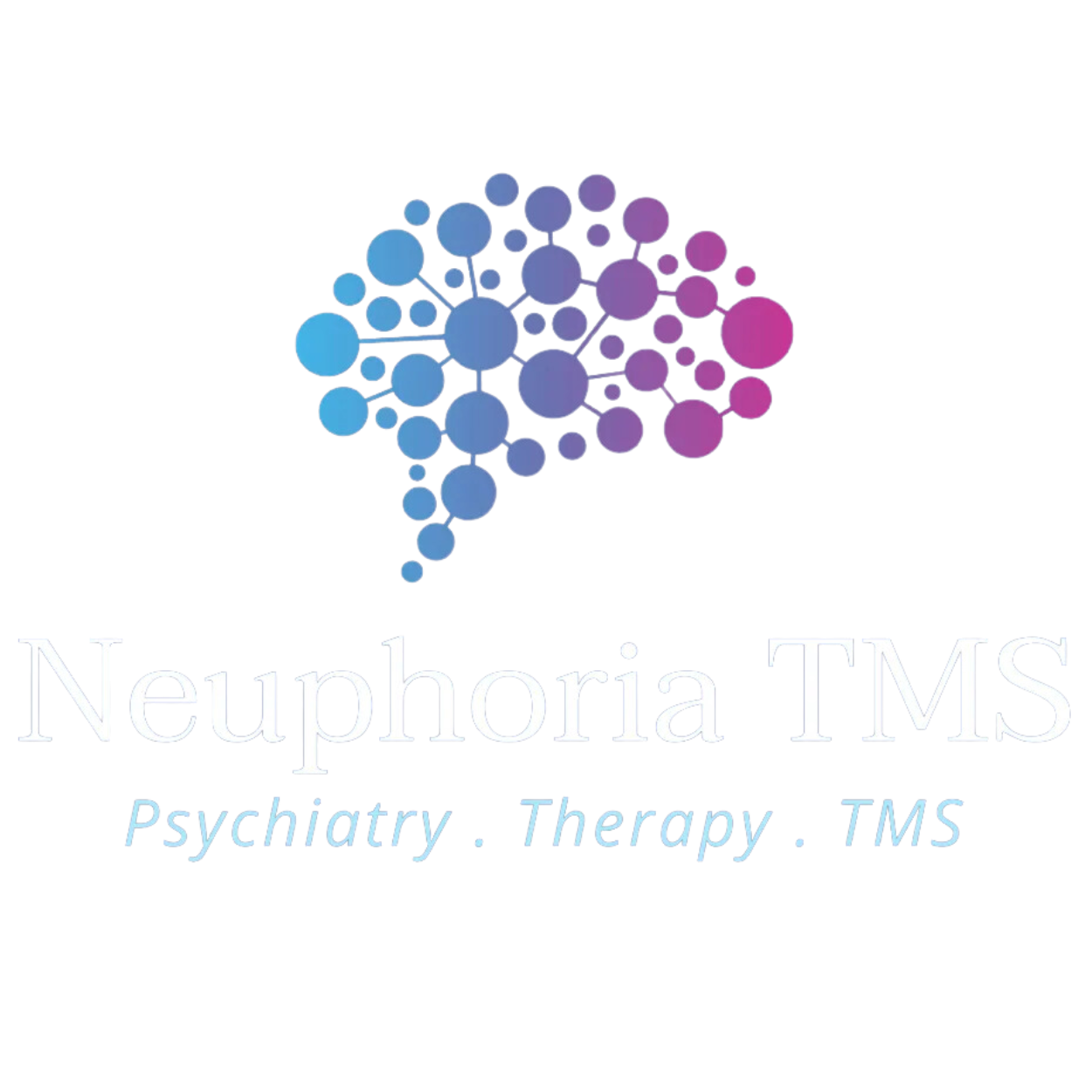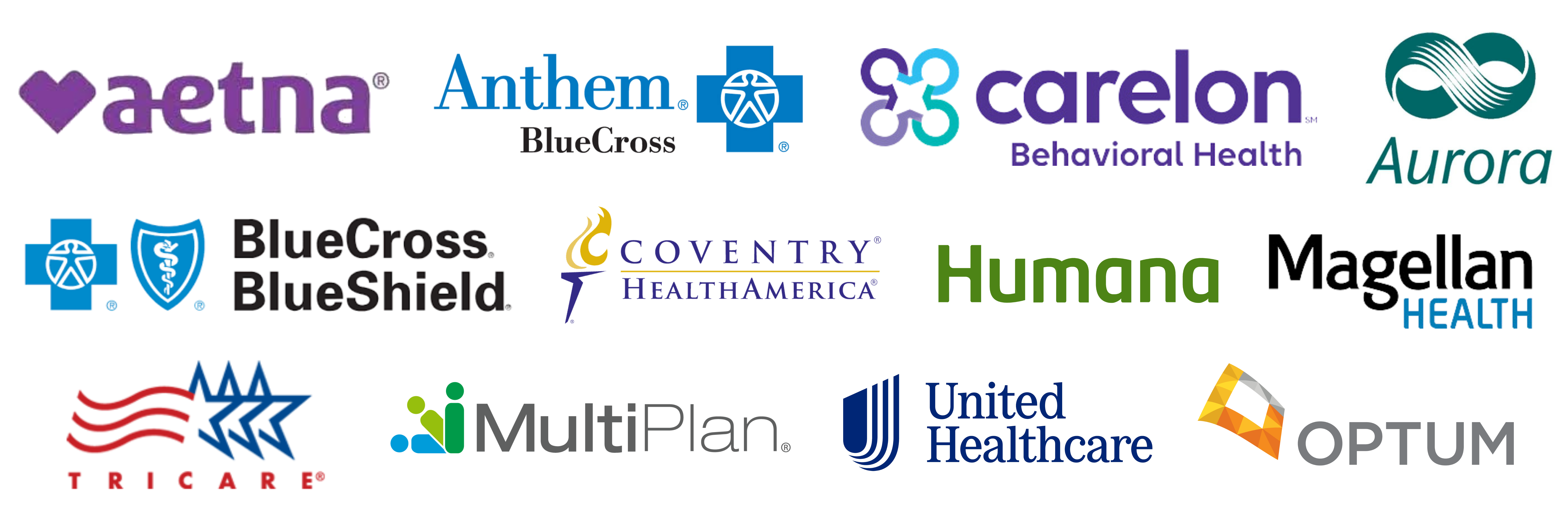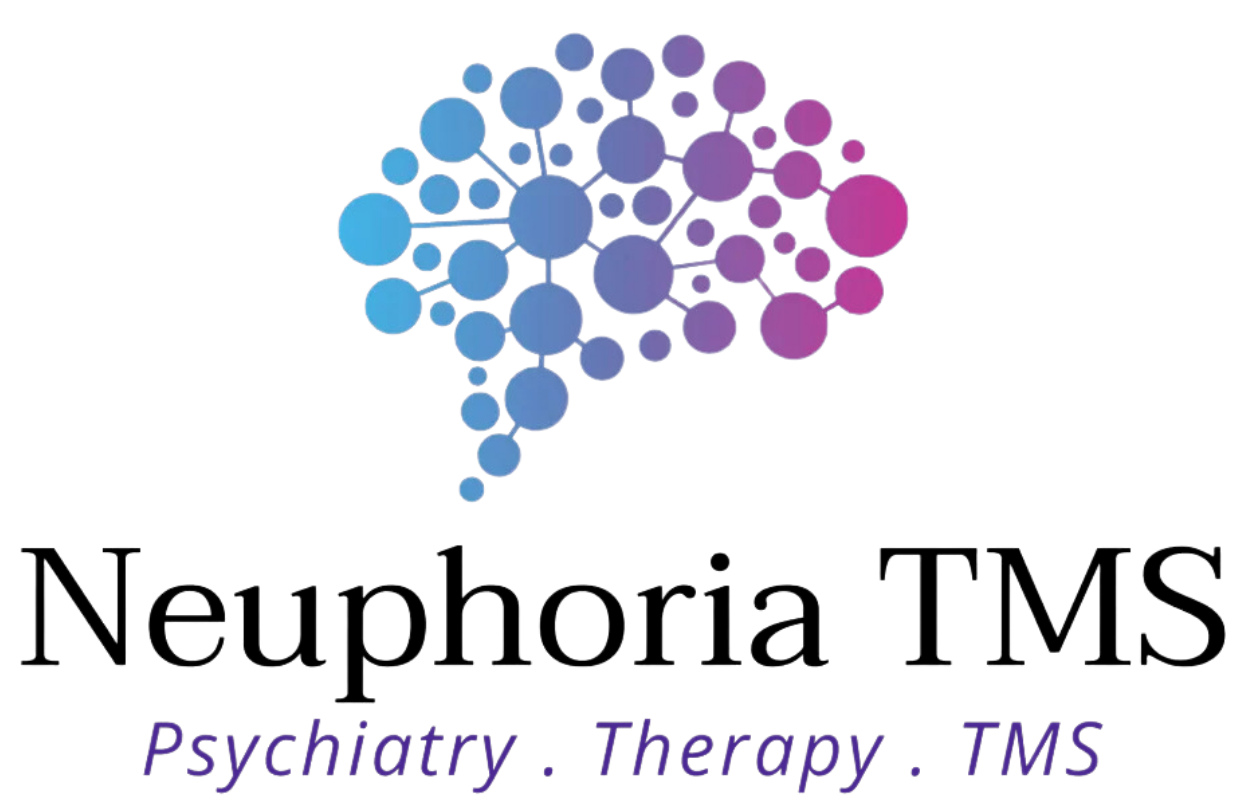Latest News
Latest Blog Posts

Depths of Anxiety: Unraveling the Layers of a Complex Inner Struggle
“I am severely overwhelmed with everything. It's come to a point that even small tasks make me feel like breaking down and crying. Everything is just too much for me now” - Healthy Place
Introduction:
Anxiety, a common but often misunderstood mental health condition, affects millions of individuals worldwide. As a complex and multifaceted disorder, anxiety manifests in various forms, impacting the lives of those who grapple with its grip on a daily basis. In this blog, we will delve into the intricacies of anxiety, exploring its different types, symptoms, and the profound effect it has on individuals' day-to-day lives.

Understanding Anxiety:
Anxiety is more than just a passing feeling of unease; it is a persistent and overwhelming sense of worry or fear that can interfere with one's ability to function. There are several types of anxiety disorders, each with its unique characteristics:
Generalized Anxiety Disorder (GAD): Characterized by excessive worry about everyday situations, GAD can lead to physical symptoms such as restlessness, muscle tension, and difficulty concentrating.
Social Anxiety Disorder: People with social anxiety experience an intense fear of judgment or embarrassment in social situations, leading to avoidance of social interactions.
Panic Disorder: Individuals with panic disorder suffer from sudden and recurrent panic attacks, which involve a rapid onset of intense fear, palpitations, and a feeling of impending doom.
Obsessive-Compulsive Disorder (OCD): OCD is marked by intrusive thoughts (obsessions) and repetitive behaviors or mental acts (compulsions) performed to alleviate anxiety.
Post-Traumatic Stress Disorder (PTSD): Resulting from a traumatic event, PTSD can cause flashbacks, nightmares, and severe anxiety related to the traumatic experience.
Living with Anxiety:
For those battling anxiety, every day can feel like a struggle. The constant fear and worry can be isolating, making it challenging to connect with others and engage in activities that were once enjoyable. According to statistics, millions of people are diagnosed with anxiety disorders each year, highlighting the widespread nature of this mental health challenge.
Symptoms and Impact on Daily Life:

Anxiety can have a profound impact on an individual's day-to-day life, affecting their relationships, work, and overall well-being. Common symptoms include:
Persistent worry or fear
Irritability
Fatigue
Muscle tension
Sleep disturbances
Difficulty concentrating
Avoidance of certain situations
Diagnosis and Medical Interventions:
Diagnosing anxiety typically involves a thorough assessment by a mental health professional. They may use criteria outlined in the Diagnostic and Statistical Manual of Mental Disorders (DSM-5) to identify specific anxiety disorders. Treatment options vary but often include a combination of psychotherapy, medication, and lifestyle modifications.
Medical interventions may include:

Antidepressants: Selective serotonin reuptake inhibitors (SSRIs) and serotonin-norepinephrine reuptake inhibitors (SNRIs) are classes of antidepressants frequently prescribed for anxiety disorders. These medications work by increasing the levels of neurotransmitters such as serotonin, which play a key role in regulating mood. Examples include fluoxetine (Prozac), sertraline (Zoloft), and venlafaxine (Effexor).
Benzodiazepines: While effective in providing rapid relief, benzodiazepines are generally prescribed for short-term use due to their potential for dependence and addiction. These medications, such as alprazolam (Xanax) and lorazepam (Ativan), act on the central nervous system to induce a calming effect. They are often used in situations of acute anxiety or panic attacks.
Beta-Blockers: Primarily used to manage physical symptoms of anxiety, such as rapid heartbeat and trembling, beta-blockers like propranolol can be helpful in specific situations, such as social anxiety or performance anxiety. Unlike benzodiazepines, beta-blockers do not target the psychological aspects of anxiety.
Psychotherapy: Cognitive-behavioral therapy (CBT) is particularly effective in treating many anxiety disorders, helping individuals identify and change negative thought patterns.
Combining Medication and Therapy:
While medication can be an essential component of anxiety treatment, it is often most effective when used in conjunction with psychotherapy. Cognitive-behavioral therapy (CBT), in particular, has been proven effective in helping individuals identify and change negative thought patterns that contribute to anxiety. The combination of medication and therapy provides a comprehensive approach that addresses both the physiological and psychological aspects of anxiety.
Conclusion:
Anxiety is a pervasive and challenging condition that requires understanding and support. By shedding light on the different types, symptoms, and impacts of anxiety, we can foster a more compassionate and informed perspective. Seeking professional help and employing a holistic approach to treatment can empower individuals to manage anxiety and regain control of their lives.
Are you or anyone you know suffering the many forms of anxiety? You may know then, how crippling it can be to live with day to day, Here at Neuphoria, our team, specializing in treating different types of disorders, can help you find relief from these life grappling symptoms. We are here for YOU! See how we help you treat your anxiety today!
Sources:
https://www.nimh.nih.gov/health/topics/anxiety-disorders
https://mentalhealth-uk.org/help-and-information/conditions/anxiety-disorders/types/
https://www.recoveryways.com/rehab-blog/7-ways-anxiety-can-affect-your-life/
https://www.healthline.com/health/anxiety/effects-on-body#how-does-it-feel
TMS is covered by insurance


Contact Info
Address: 1221 Medical Center Dr.
Wilmington, NC 28401
Phone: (910) 239-0300
Fax: (910) 756-4546
Email: info@neuphoriatms.com
Business Hours
Mon: 9am - 5pm
Tues: 9am - 5pm
Wed: 9am - 5pm
Thurs: 9am - 5pm
Fri: 9am - 5pm
Sat/Sun: Closed
For informational purposes only, a link to the federal Centers for Medicare and Medicaid Services (CMS) Open Payments web page is provided here. The federal Physician Payments Sunshine Act requires that detailed information about payment and other payments of value worth over ten dollars ($10) from manufacturers of drugs, medical devices, and biologics to physicians and teaching hospitals be made available to the public. It can be found at https://openpaymentsdata.cms.gov
We accept insurance.

Dr. ____, MD
Insert Doctor Bio

Contact Info
Address: 1221 Medical Center Dr. Wilmington, NC 28401
Phone: (910) 239-0300
Fax: (910) 756-4546
Email: info@neuphorianc.com
Business Hours
Mon: 9am - 5pm
Tues: 9am - 5pm
Wed: 9am - 5pm
Thurs: 9am - 5pm
Fri: 9am - 5pm
Sat/Sun: Closed
For informational purposes only, a link to the federal Centers for Medicare and Medicaid Services (CMS) Open Payments web page is provided here. The federal Physician Payments Sunshine Act requires that detailed information about payment and other payments of value worth over ten dollars ($10) from manufacturers of drugs, medical devices, and biologics to physicians and teaching hospitals be made available to the public. It can be found at https://openpaymentsdata.cms.gov








